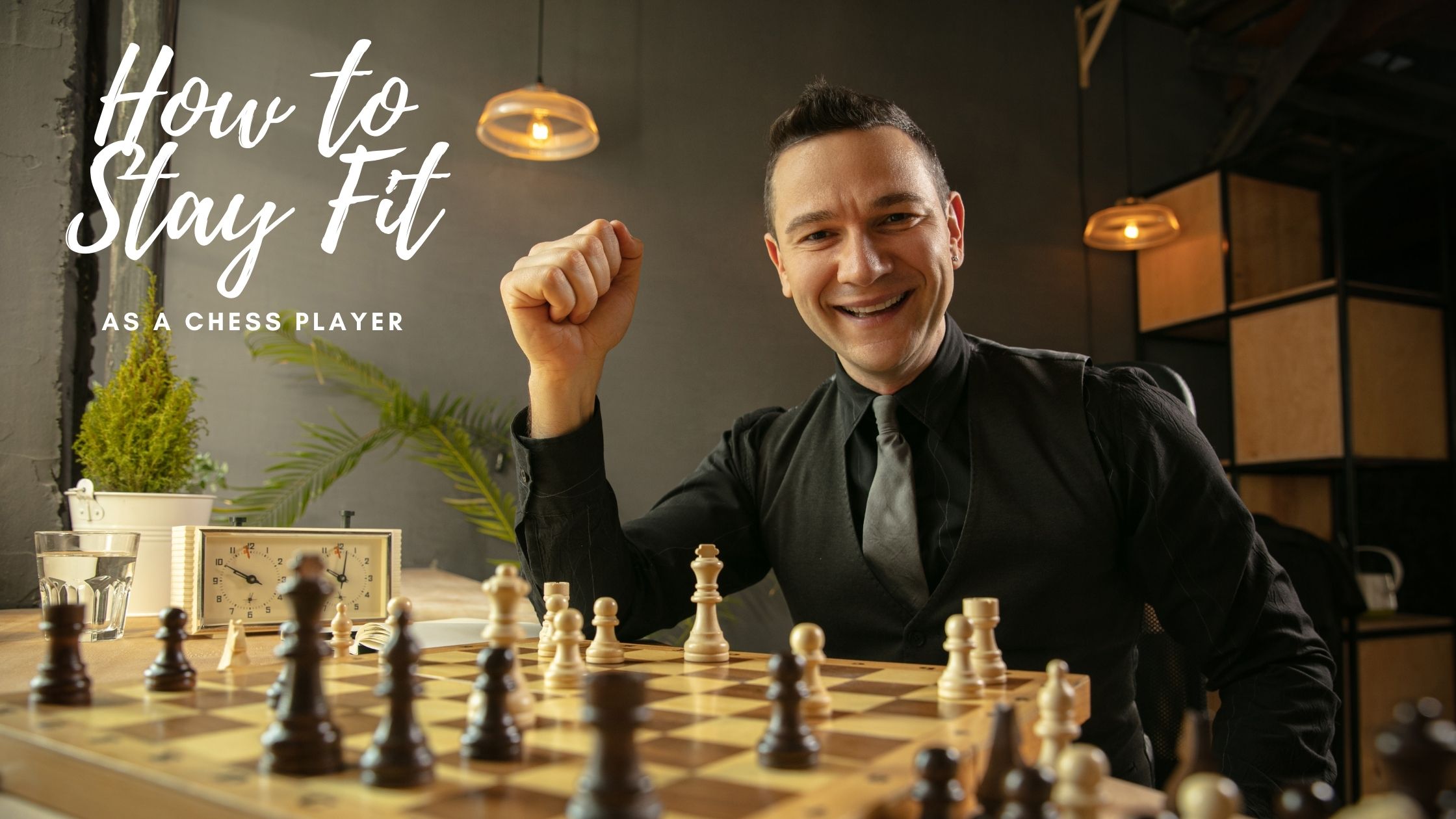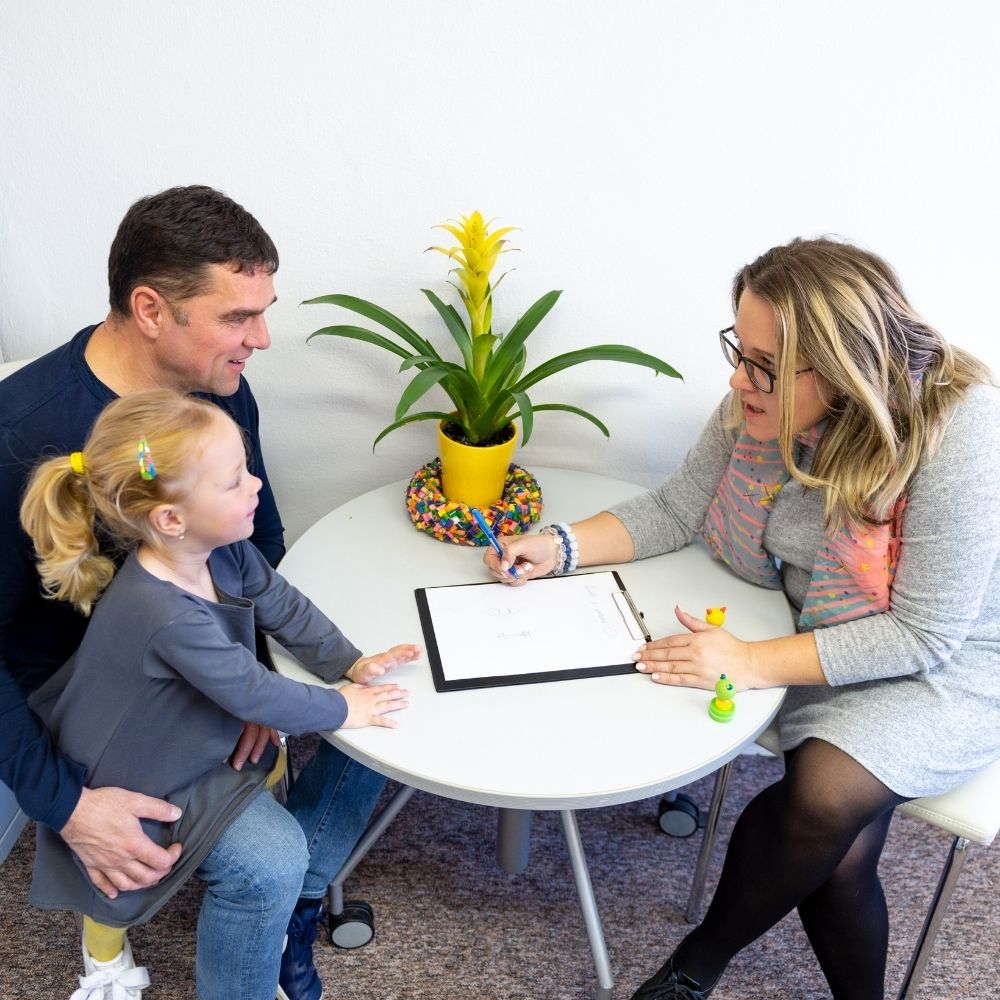10 Sep How to Stay Fit as a Chess Player – Top Tips from GrandMasters

As your child prepares for trials for one tournament after the other, it is hard not to miss their routine and physical activities changes. Most children who play chess at an advanced level end up spending at least 2-3 hours every week playing chess – either glued to a screen or playing with their teammates.
Add the additional sedentary hours due to school work, assignments, and classroom learning in some countries. As a result, children practically spend a significant part of their day actively engaging their brains, but nothing substantial to move their bodies.
We all know the adage “A healthy mind resides in a healthy body,” and chess players need their fair share of physical activity to face challenges not just in life but in chess as well.
The issues of anxiety, depression, weight gain, obesity-related illnesses, and even the inability to focus for longer durations could all be attributed to a lack of physical activity. So if you want your child to be less lethargic and back to their energetic, bubbly selves, exercise in some other forms is essential.
Look at the famous chess grandmasters of recent times, and we know that you could easily mistake some of them as soccer players, even athletes:)
How could chess players, seated for hours, barely exerting themselves except when they need to extend their arms during the long games, need to be physically fit?
Is Chess a physically demanding sport?
Did you know?
The 1984 World Chess Championship was called off after a marathon 5 months and 48 games because the defending champion Anatoly Karpov had lost over 22 pounds.
Or in 2004, Rustam Kasimdzhanov walked out of the 6-game world championship despite being on a winning streak, having lost 17 pounds.
According to a U.S.-based heart rate monitoring company- Polar, their research on chess players during a tournament proved that the 21-year-old Russian grandmaster Antipov burnt over 560 calories in just two hours sitting and playing chess. Roger Federer would burn this much in an hour playing tennis!
According to research by Robert Sapolsky at Stanford University, a chess player can burn up to 6,000 calories a day while busy playing a tournament. However, an average person consumes hardly ⅓ of the amount in a day. Apart from consuming calories, the breathing rates could rise during a competition, while blood pressure can also elevate, with muscle contractions a common symptom of tournament-related stress and anxiety.
As per most experts, these symptoms/side-effects of chess mimic athletes’ experiences before, during, or after a mega-event like the Olympics.
For example, says Sapolsky- “Grandmasters sustain elevated blood pressure for hours in the range found in competitive marathon runners.”
Stress and its impact on Chess players
As a chess player, your child is subjected to varying levels of mental stress throughout a championship. This stress is responsible for elevated heart rates, pushing their bodies to produce more energy, and bring in more oxygen. Ask any metabolism expert and neurologist; this is a vicious and destructive cycle because stress also curbs hunger in some players.
In some cases, they don’t have enough time and hence, lose their appetite. Unfortunately, it seems like your child is thinking about chess and has stopped thinking about everything else, including food.
Stress also causes disturbed sleep patterns, which lead to more fatigue, and in turn, lead to more weight loss. For example, a chess player’s brain operating on less sleep requires more energy during the chess game.
As a result, many chess players would tell you that they play chess in their sleep and end up waking exhausted.
Steps for a Chess player to stay physically and mentally fit
To combat this all, chess players need to incorporate a disciplined approach to food and fitness regimens. A typical chess player needs to control the following :
- They should be able to increase oxygen supply to their brains during tournaments
- They should be able to prevent sugar rush and the related crashes
- They should be able to sustain their energy levels for the long haul.
Don’t go by the Hollywood depiction of chess players walking in a haze of cigarette smoke or dreamily stomping into a tournament drowned in alcohol. Today’s chess players are very well aware of these excesses and know that if they want to stay in the game for the long run, they need to avoid particular food and drinks and even certain bad habits like smoking, and focus on health and nutrition instead.
Also read: Chess and Nutrition
How famous Grandmasters handle Chess and fitness
Take the case of legendary Indian Grandmaster Viswanathan Anand. Anand incorporates a minimum of 2 hours of cardio each night to tire himself out so he can halt the dreaming about chess habit. Kasimdzhanov, another GM, abstains from tea and drinks it only during tournaments, while he manages to play tennis and throw in some hoops every day.
When he noticed that his grasp on winning was loosening and his victories were seeming less assured, Magnus Carlsen decided to visit the Olympic training center in Oslo, Norway, where he sought out a performance specialist. He was asked to cut down on the orange juice he is used to drinking during tournaments.
The rationale was as brilliant as it was deceptively simple. When he was a child, Carlsen got used to drinking a mix of water and orange juice as an energy boost during his matches. But as he progressed in age, his body was not breaking down the sugar as quickly, leading to sugar crashes that affected his performance.
Experts recommended that he switch to plain milk or chocolate milk, with far lower levels of sugar but higher levels of calcium, potassium, and protein. This balanced his blood sugar during the critical moments in the tournaments leading to less fatigue. Apart from the change, he started training for chess tournaments even more thoroughly.
He works out on the treadmill, plays soccer with his friends, even performs yoga. He claims that skiing strengthened his legs and also his willpower to get to the finish line. His personal chef travels with him everywhere, taking care of the right combination of his food intake.
During Tournaments, Carlsen can often be seen chewing gum that helps maintain the brain at optimal functioning capacity without losing energy. He also taps his legs rhythmically to maintain the equilibrium between his physical and mental strength.
“When you allow your body to relax more during a tournament, it means that it will ask for more food, it means you can eat normally, you’re not stressed, so your appetite is normal — that’s what happens with Magnus.”
Henrik Albert Carlsen, Father of Magnus Carlson.
How does your posture affect your Chess moves?
Carlson is so deeply committed to being the best chess player that he has even worked on his sitting posture. According to him, many chess players crane their necks far too forward than is desirable, leading to up to 30% loss of lung capacity if the studies in the BMC Pulmonary Medicine are to be believed.
In addition, the 30 degrees forward-leaning in the neck could increase the stress on the next by over 60 pounds, which needs the back and neck muscles to work harder, leading to headaches, irregular breathing, and reduced oxygen to the brain.
If your child is already complaining about neck or upper back pain or sore shoulders and backaches, consider taking a second opinion from your chiropractor. At home, you can ensure that their lower backrests are against the chair so that it retains a natural curve, with knees slightly apart at the edge of the seat while feet planted firmly on the ground.
In addition, the whole upper torso should lean forward at about 75 degrees angle. This posture makes sure they neither consume extra energy nor lose their alertness.
Understanding your body well enough and giving it a proper time to rest and recover is crucial to achieving equilibrium. Chess is all about balance, and if you can incorporate these healthy habits early on in your chess-playing child, better still, adopt them as a family, you will surely start seeing the benefits in all areas.
Resources:




